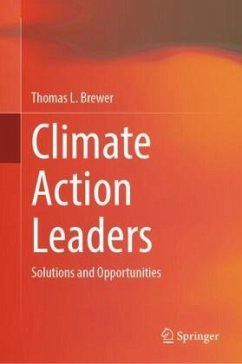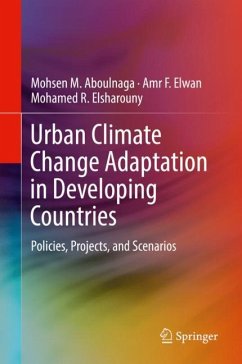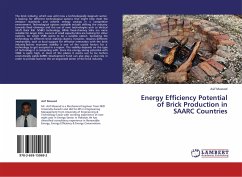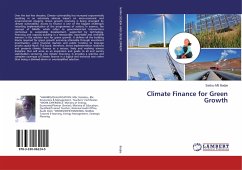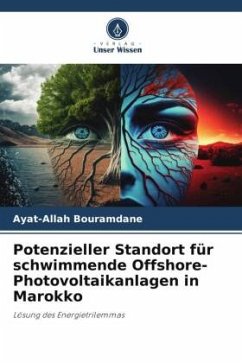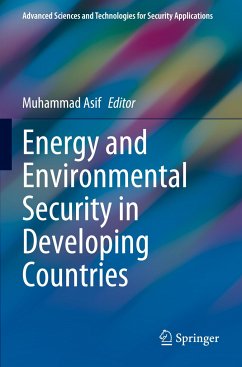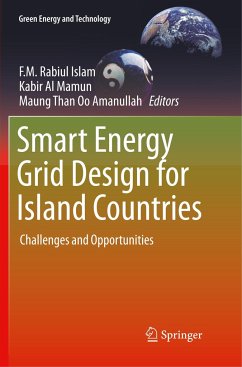
Unlocking PV Potential in Climate Action-Challenged Countries
Versandkostenfrei!
Versandfertig in 6-10 Tagen
40,99 €
inkl. MwSt.

PAYBACK Punkte
20 °P sammeln!
This study evaluates climate-challenged nations' suitability for solar PV energy, guiding policymakers and investors toward global sustainability. Two key questions: 1) identifying key factors for PV installation; 2) assessing potential in critically insufficient Paris Agreement countries. Findings indicate climate and orography significantly impact solar PV farm siting, while land accessibility and environmental factors have the least influence. Solar radiation contributes 26% to PV plant suitability due to its direct impact on electricity production. Other vital factors include ground slope,...
This study evaluates climate-challenged nations' suitability for solar PV energy, guiding policymakers and investors toward global sustainability. Two key questions: 1) identifying key factors for PV installation; 2) assessing potential in critically insufficient Paris Agreement countries. Findings indicate climate and orography significantly impact solar PV farm siting, while land accessibility and environmental factors have the least influence. Solar radiation contributes 26% to PV plant suitability due to its direct impact on electricity production. Other vital factors include ground slope, temperature, aspect, proximity to power lines, and land elevation. "Critically insufficient" countries (e.g., Iran, Mexico, Thailand) have high potential, while "highly insufficient" countries (e.g., India, Saudi Arabia, Egypt) vary. "Insufficient" countries (e.g., South Africa, Peru) have mixed areas. "Almost sufficient" countries (e.g., Morocco, Nigeria) offer potential with challenges.




